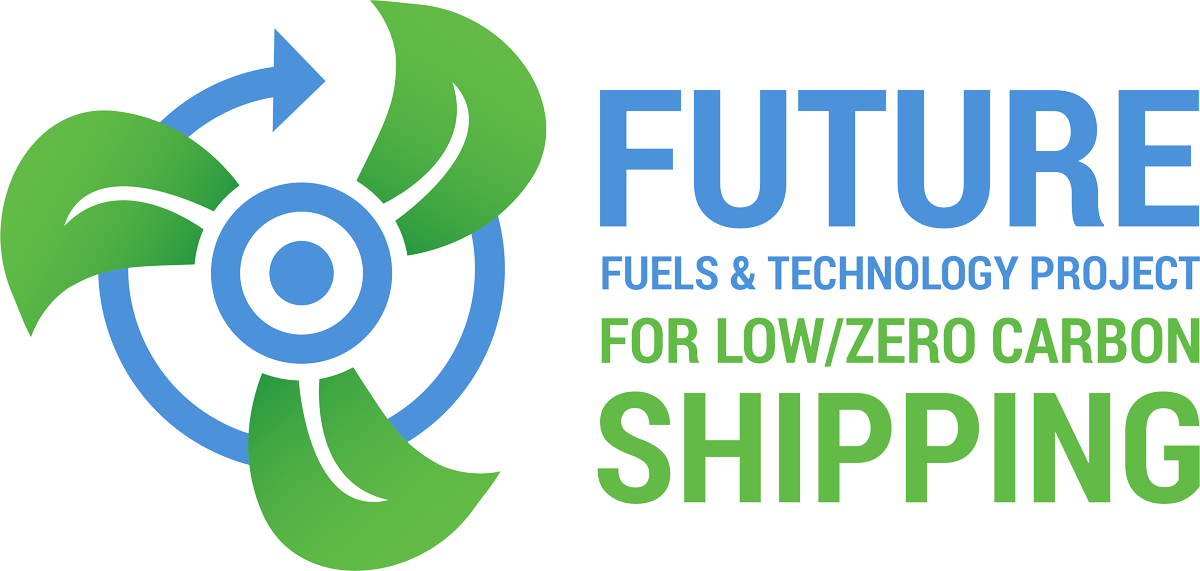To address key issues in related to biofuels used in ships based on the physical and chemical properties of FAME-based biodiesel oil, this study highlights key factors to consider when using marine biofuels on ships and addresses major issues in international regulations concerning exhaust gases generated from combustion and related verification
Publication year: 2023
Recommendations for Design and Operation of Ammonia-Fueled Vessels Basd on Multi-disciplinary Risk Analysis
To understand the risks of using ammonia, including primarily toxicity, onboard fires and explosions and provide the safeguards that can be implemented to reduce them to tolerable levels
Marine Methanol Future-Proof Shipping Fuel
To provide insight into the pros and cons of methanol as a marine fuel compared to traditional marine fuels and alternatives such as LNG, hydrogen, ammonia, and batteries
Potential of Hydrogen as Fuel for Shipping
To identify the potential for adopting hydrogen as a marine fuel by examining the production capacity, the regulatory landscape, and technologies along with techno-economic analyses and risk-based case studies
Review of maritime transport 2023; Towards a green and just transition
To analyze trends in seaborn trade, global shipping services, freight rates, infrastructures at ports in 2023. etc., and discuss challenges in relation to the transition to decarbonization
Maritime Forecast to 2050
To analyze the current state of the shipping industry’s carbon emission reduction transition and the prospects for new technologies and stretegies, including ship design and fuel selection, necessary to achieve full net-zero
GHG emissions 2030 in shipping – Analysis of the maximum technical abatement potential
To analyze the greenhouse gas emissions of international shipping based on the fuel life cycle (WtW). The main finding is that global shipping can reduce carbon emissions by half within 10 years with minimal impact on international trade.
According to the report, by 2030, emissions are projected to decrease by 36 to 47 percent compared to 2008 through the use of 5 to 10 percent zero or near-zero fuels, wind assistance technology, and ‘climate optimizing’ of ships.
Oil Analysis & Forecast to 2028
To provides analysis, data, and information on the demand, supply, refining, and logistics distribution of petroleum resources. Based on the current data identified, the paper predicts the demand and supply of fuel oil energy resources on land and at sea until 2028 and provides related information. In addition, the outlook for international petroleum-based energy is analysed based on development information on new and renewable energy produced by region, especially in the Middle East and Asia, including China and India.
Cost of Regulatory Compliance Lower with LNG
To provide information on the impact of alternative fuels choice
Taking Action on Operational Efficiency (Operational Efficiency Ambition Statement Actions Report)
To analyze the experience and content of 26 shipping companies introducing 70 measures aimed at improving operational efficiency and reducing GHG emissions.
Based on this, in order to improve ship operation efficiency, the report describes key issues and related cases in which interested organizations, such as ship owners, charterers, management companies, ports, and terminals closely related to ship operation, should cooperate with each other.

